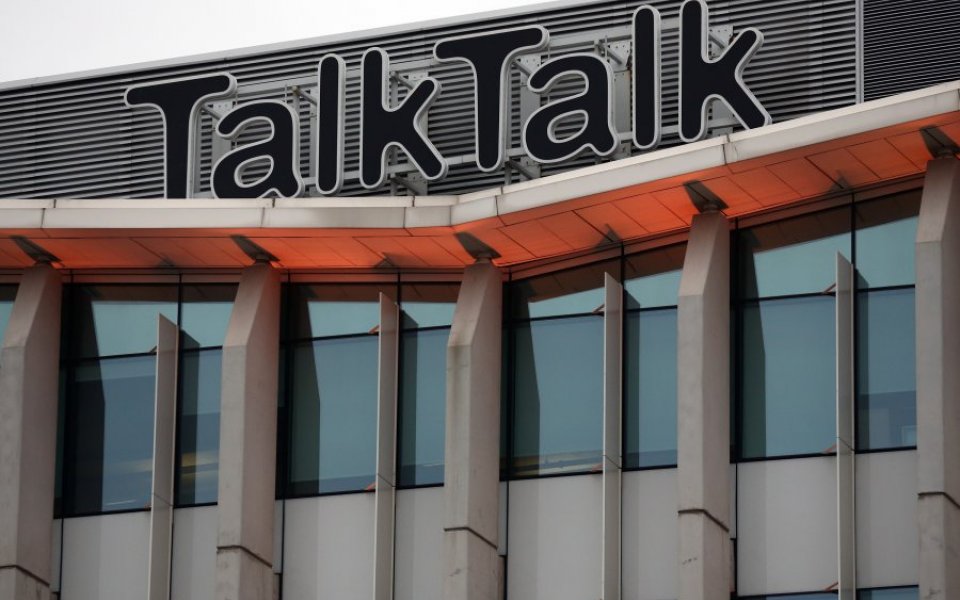TalkTalk cyber attack: Give her some credit, Dido Harding is facing the music

There are many questions to be asked of TalkTalk, after the company admitted last week that it had been the target of a serious hacking. We live in a time during which online financial activity – whether it’s transferring cash to your friends, gambling on the football, or paying your phone bill – is considered a normal, everyday activity, undertaken by millions of people across every continent of the world.
The unwelcome attention that Dido Harding’s company is receiving can therefore be no surprise; never mind the convenience afforded by quick online activity, our faith in the internet largely rests on the assumption that large brands can be trusted to protect customers’ data and defend us from a faceless army of nefarious modern-day thieves. This story has, unsurprisingly, sent a chill through millions of readers.
As for TalkTalk itself – this is not the first time it’s happened. Earlier in 2015 the company warned customers that thousands of account numbers and names had been stolen. Many subsequently received phone calls from scammers, requesting further details. There is not believed to be a link between that case and the latest hacking crisis, but one can understand why customers are upset. A warning shot had already been fired.
Read more: What to do if you're a TalkTalk customer
Baroness Harding admitted last night that TalkTalk could have invested more in cyber protection, but insisted it is not alone. “Every single company in the world probably isn’t spending enough money on it,” she said. “We are not the only ones.”
It’s just as well that she’s made this argument before – upon being appointed to the House of Lords last year, she named internet security as a key issue that parliament needed to address. Now may be a better time than ever to pursue that goal.
TalkTalk insists that an investigation into this matter will be robust and independent, drawing on external auditors and tech experts. This must be the case, and if the firm’s safeguards are found to have been notably weak then top executives must walk.
For now, however, Harding deserves some credit for fronting up. She has faced the music without delay – something that cannot always be said about her fellow FTSE chief execs.